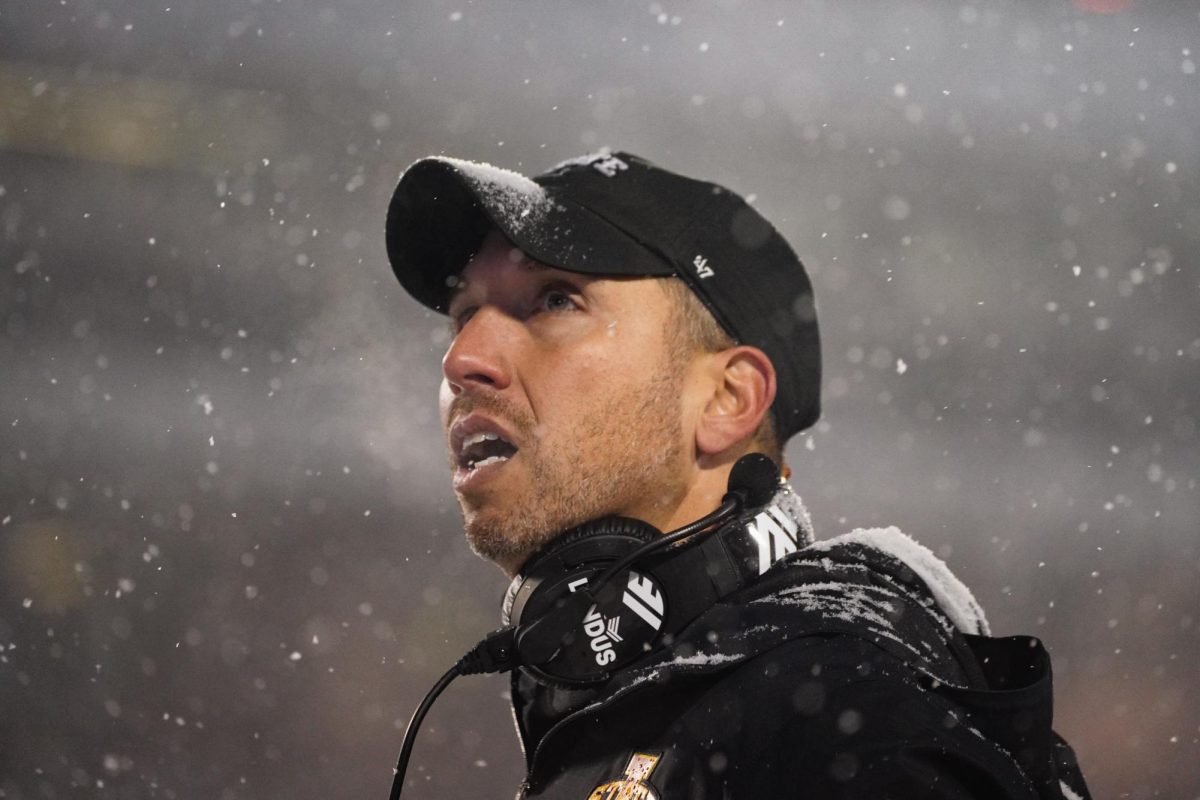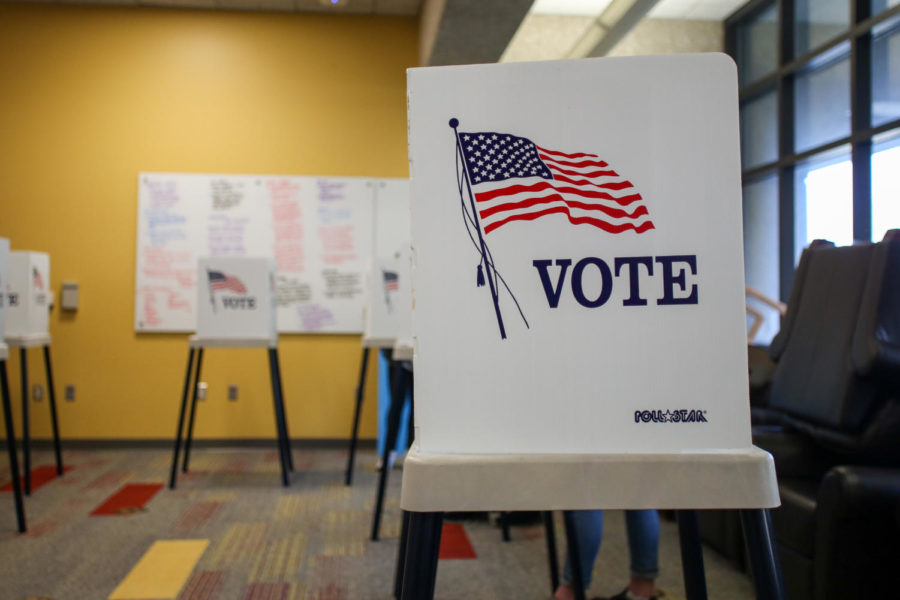Literacy program helps Iowans combat learning disabilities
January 27, 1999
At one time or another, everyone has difficulty solving an equation or comprehending a newspaper article. But for the learning disabled, the struggles occur with great frequency.
Bill Knapp, a 32-year-old Ames citizen, is learning disabled. He has difficulty understanding newspaper articles and counting change to customers at his job at a local restaurant. He looked to Story County Adult Literacy Program for help.
According to the Iowa Department of Education, 30 percent or more of adults have limited literacy skills in most areas of the state.
The National Adult Literacy Survey by the U.S. Department of Education’s National Center for Education Statistics reported that 47 percent of the adult population 16 years and older “do not have the skills to use a bus schedule or write a brief letter about a billing error.”
According to the National Institutes of Health on reading disabilities, 15 to 20 percent of the U.S. population has some form of learning disability.
Story County Adult Literacy Program Coordinator Andrea Hill said learning disabilities span across a broad spectrum.
“There are various types of learning disabilities,” Hill said. “Some of the common ones include dyslexia, which is a reading disability; dyscalculia, which causes people to have problems in arithmetic and understanding math concepts; and dysgraphia, which is a writing disorder which causes people to have difficulty forming letters or writing.”
Students with learning disabilities sometimes struggle through high school by learning to compensate for their disabilities, said Gwen Woodward, interim director of the ISU Academic Success Center. Prior to her current position, Woodward was a learning disabilities specialist at ISU Disability Resources.
“Many of them use books on tape, and that will take care of the reading speed,” she said. “Sometimes it aids in comprehension because they may hear a word and recognize it but not be able to read it or understand it. Students with dyslexia may tape record their lectures, and those with a math disability may typically start using calculators earlier.”
The mission of the Story County Adult Literacy program, founded in 1987, is to help adults acquire the skills needed to be more active members in society. The program enables adults to acquire skills in “basic reading, writing, speaking and math,” Hill said.
Knapp has worked with the literacy program for the past two years.
He had been in special education classes, but he left high school during his sophomore year because he did not feel he was learning anything.
“I did not hear about the program until my job coach at Community Life informed me of testings at a high school, so I went for it,” Knapp said. “After the test, the lady referred me to Andrea Hill.”
According to the Learning Disabilities Digest for Literacy Providers, individuals with learning disabilities “usually have average to above average intelligence and the potential for achieving in a wide variety of areas of adult life.”
Hill said even in today’s society, stereotypes about learning disabilities still exist.
“The majority of people tend to equate [learning disabilities] with lower intelligence, and that’s not necessarily true,” she said. “People also tend to think that they were neglected, or something happened in their family or that they come from a lower social economic class. People with [learning disabilities] are therefore too embarrassed or try to hide the fact that they have a disability.”
Part of the mission of the literacy program is to educate the public about these misconceptions, Hill said. She said the program always is working on recruiting new students and finding new tutors.
Knapp supports the work of the volunteers because they have helped him increase his ability to read, write and do math.
“Before, I couldn’t understand the newspapers, but now I read the classifieds, comics and other interesting articles,” he said. “I am also working on handling money and on being able to count change back to the customer.”
Knapp’s said his goal is first to obtain his General Equivalency Degree and then to take classes at ISU. He said he also hopes to become a successful restaurant manager.






